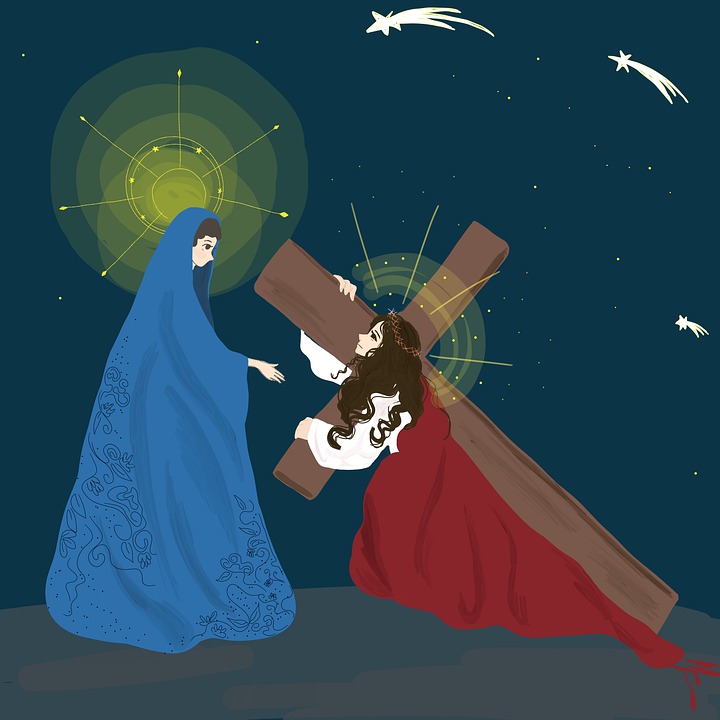
Learning to pace yourself and respect your limits and individual capacity especially and specifically when it comes to spirituality is a really important aspect of being able to fully receive teachings from the ground of your own authentic experience. It can be really easy to overlook your own needs and inner guidance when you’re in a retreat setting or belong to a spiritual community or sangha.
The momentum of a retreat or the group field can take you over in a way where you are no longer tuned in to what actually feels right or true for you anymore. For example, you may need to skip a session or take a step back from the teachings and instead you overlook that need in yourself because you’re trying to keep up with everyone else. You don’t even consider it as an option and that in itself is a sign that something feels obligated in you and trapped.
You might be triggered and feeling into a deep trauma or wound and your capacity to receive the teachings or even be in a group setting may be compromised. But instead of honoring that need in yourself, you choose to power through. You reach your limit but you override that limit within yourself.
Or it might even be time to move on entirely. The teachings may have served their purpose in you and moving on may be what’s needed. But this can be really hard to do if you’re looking to your peers for cues. Or if you’ve developed an emotional attachment to the sangha or teacher. And you’re afraid to let go of the comfort, safety and habit of being with a spiritual community in a certain way at a certain time etc.
Powering through is a really subtle thing that happens in retreats or spiritual community settings and is sometimes even encouraged. But it’s a really important thing to look out for especially if you have a trauma background. There’s a very fine line between being open to teachings by being receptive to spiritual transformation and being spiritually violent with yourself.
“I signed up for this whole retreat and I need to power through.”
This is when spirituality turns violent. Violent spirituality comes from a very masculine and traditional idea of what spirituality should look like. It doesn’t recognize taking breaks, going slow and really honoring your own needs above all else. It kind of strips you of your own authority in a way. Trying to be the best student is something that always plays itself out in this dynamic.
When you bypass your own limits and capacity to power through a retreat, you become less attuned to what feels true for you. What’s true for you might not look spiritual or in tune with everybody else. Only you know your limit, only you know what you’re experiencing. And in this way, only you can navigate your experience no matter what that looks like on the outside to anybody else and regardless of the setting, circumstances or money paid.
In bypassing your own well-being for the sake of the retreat, you lose touch with that inner navigation and you’re lost. You’re at the mercy of others. You’re at the mercy of ideas of what you should be like in order to belong or be accepted. You give away your authority and you try to get it from outside yourself.
This is when the retreat can mutate from being a place of safety and being held – something you chose to be a part of – into something obligatory you have no say in. It’s no longer about being authentic to your experience and the ability to be receptive to the teachings from an innocent and grounded place.
Sharing within groups and exchanging with teachers can also be really triggering. There’s a number of things to look out for here. If the retreat group is small in number, there may be an overwhelming urge to try to fill in the silences by sharing. You can sense this as a background anxiety about how we’re going to “fill up the time” we have together. Sharing from this urge is never a good idea.
Another thing that can become activated in retreats during exchanges with teachers is an ongoing comparison with others with regards to their shares and exchanges with the teacher. This can become overwhelmingly obsessive and destructive to your own process and unfolding in the retreat container. It can also trigger an inauthentic urge to share or exchange with the teacher in order to ‘get’ something.
Sharing with a group or teacher from inauthenticity or lost authority puts you in a compromised position. You are no longer able to gauge whether sharing something is appropriate for you in the moment or not. If possible, it’s important to not judge yourself for these patterns and instead just be conscious and honest with yourself about what’s happening.
Paying attention to these things playing out in you is actually a huge part of any retreat or sangha. These dynamics reveal themselves more intensely in spiritual communities you may have been a part of for a while. Being conscious of these subtleties in you within these group dynamics is as important as what’s being formally shared or presented as the teachings themselves.
Recognizing overwhelm in yourself is crucial. It’s easy to lose yourself when your spiritual unfoldment is intensifying. These tender parts, these tender wounds, need the utmost of care, respect and patience as they come undone. When these parts are active, it is actually violent to be overexposing yourself.
It’s important for your well-being to be able to discern when your system is overwhelmed or on the brink of overwhelm. And to be able to recognize these signals from your nervous system. It’s actually not helpful to be on the receiving end of spiritual talk when you’re in that state.
When the deepest wounds or traumas are activated, it’s time to tend to yourself first and foremost.
If that means being the only one who doesn’t share, so be it, if it means leaving a meeting entirely, that needs to be an option. Because otherwise you’re trapped and you feel like you don’t have the freedom to leave anymore lest it be inappropriate.
The fear of leaving is always an indication that you feel trapped. And that more likely adds fuel to the fire of whatever deep wound has opened up. The feeling of being trapped is actually a symptom of the trauma expressing itself in the setting of spirituality.
The notion of leaving and bringing that sense of softness and gentleness to yourself within spiritual unfoldment may even seem foreign to you. It can be a belief in you that spirituality has to be violent in order to be effective. But that is simply not true.
When you don’t respect your own boundaries, your own capacity, you start to become resentful. Resentful of the teacher, the group, the teachings themselves and you lose the capacity to be able to receive these teachings. It is much wiser and more loving to be in tune and honest with your own authentic unfoldment while remaining soft and gentle rather than forceful and overpowering.
This is more of a soft, feminine type of spirituality whereby there is no goal, and you do not have to overcome anything or get anywhere. You can be gentle and kind without becoming complacent. In truth, it’s an art much like everything else. But if masculine spirituality has been the ‘norm’ for you may have even traumatized you, then leaning towards the feminine may be what’s needed.
Your own path is unique and may not look like anyone else’s. Navigating your path genuinely and without violence is ultimately a solo journey and in that you must have the ability to trust yourself and your inner guidance.
